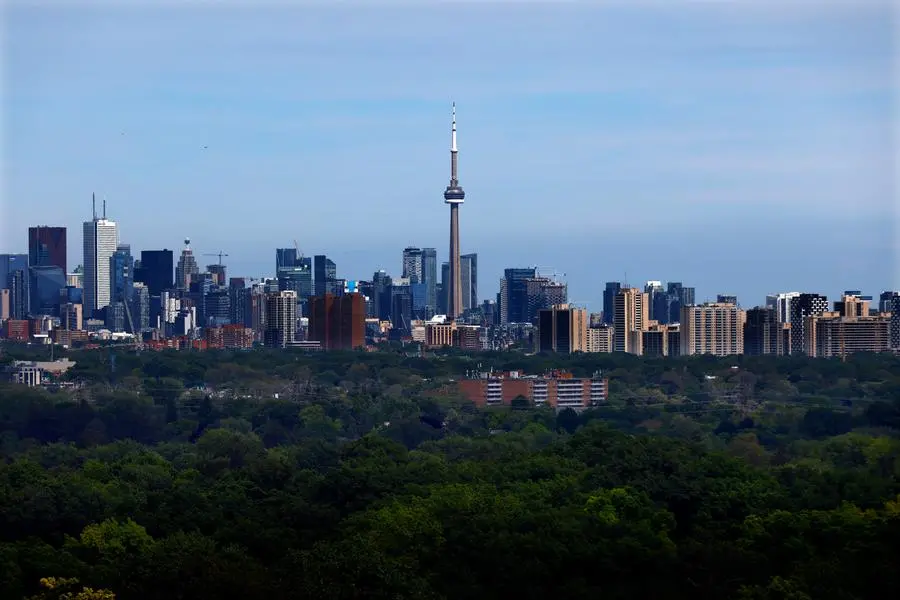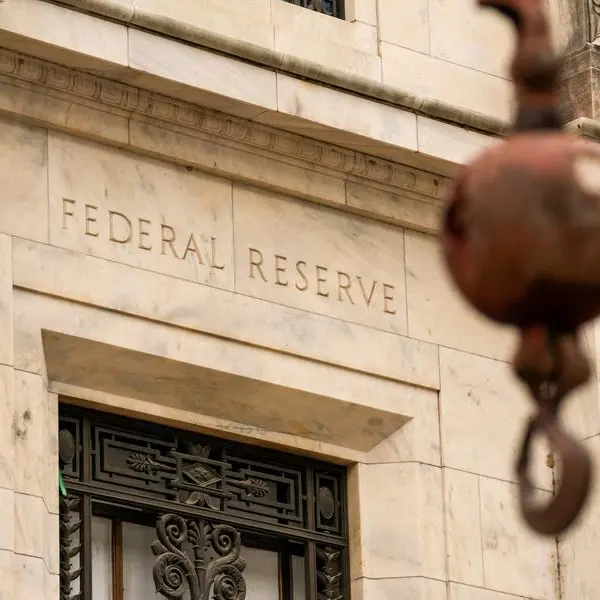PHOTO
Some 600,000 civil servants in Canada's Quebec province -- including teachers, nurses and social workers -- are poised for a massive walkout this week to press for salary hikes in a tense situation that could escalate into a lengthy general strike.
After months of deadlocked negotiations with unions, the Quebec government appointed a mediator on Monday.
"This strike vote is a cry for help. Our members are telling us: 'We can't take it anymore,'" said Caroline Senneville, president of one of the unions calling for a "historic strike."
The call comes after the unions last month rejected a 10.3 percent wage hike over five years and a onetime bonus of Can$1,000 for each civil servant.
The government said it considered the offer to be in line with inflation forecasts, but the unions said it was "insulting" and did not come close to increased costs of living, having the net effect of making workers "poorer."
Starting Tuesday, 420,000 workers are expected to set up pickets for three days outside schools, hospitals and other locations. This will be the second strike action in November by these workers, represented by a coalition of major unions.
On Thursday, 66,000 teachers from the Autonomous Education Federation will also begin an indefinite strike. Some 80,000 nurses and other health professionals are also walk off the job on Thursday and Friday.
According to Francois Enault, one of the union leaders, the objective is to find an agreement by Christmas to avoid a general strike.
He said he hopes that Quebecers will support the strikers "fighting for good public services."
In April, some 155,000 Canadian federal civil servants triggered one of the largest social movements in Canadian history, to demand better salaries and the introduction of more teleworking.
Canadian inflation has fallen to 3.8 percent in September, from a recent peak of 8.1 percent in June 2022.





















